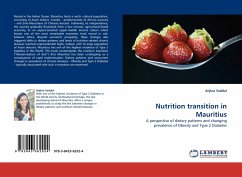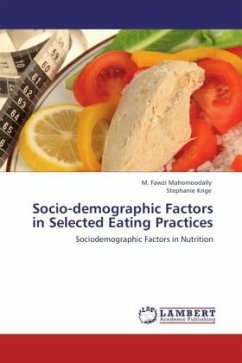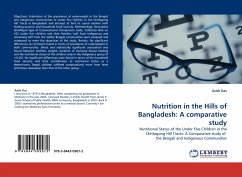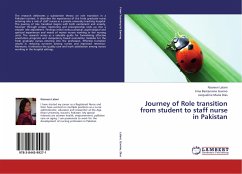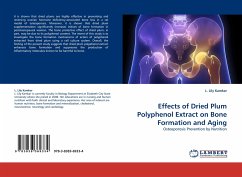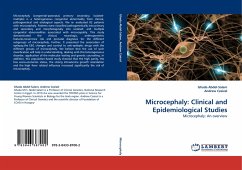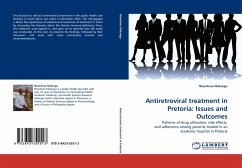Nested in the Indian Ocean, Mauritius hosts a multi- cultural population, consisting of Asian Indians, Creoles - predominantly of African ancestry - and Sino-Mauritians of Chinese descent. Following its independence, the country gradually flourished from a low income, agricultural-based economy to an export-oriented upper-middle income nation which boasts one of the most remarkable economic track record in sub-Saharan Africa. Beyond economic prosperity, these changes also triggered shifts in dietary patterns and levels of nutrition-related chronic diseases reached unprecedented highs. Indeed, with its large population of Asian descent, Mauritius has one of the highest incidence of Type 2 Diabetes in the World. This book contemplates the nutrition transition ("Westernisation of diet") that Mauritius has been undergoing as a consequence of rapid modernisation. Dietary patterns and concurrent changes in prevalence of chronic diseases - Obesity and Type 2 Diabetes - typically associated with such a transition are examined.
Bitte wählen Sie Ihr Anliegen aus.
Rechnungen
Retourenschein anfordern
Bestellstatus
Storno

